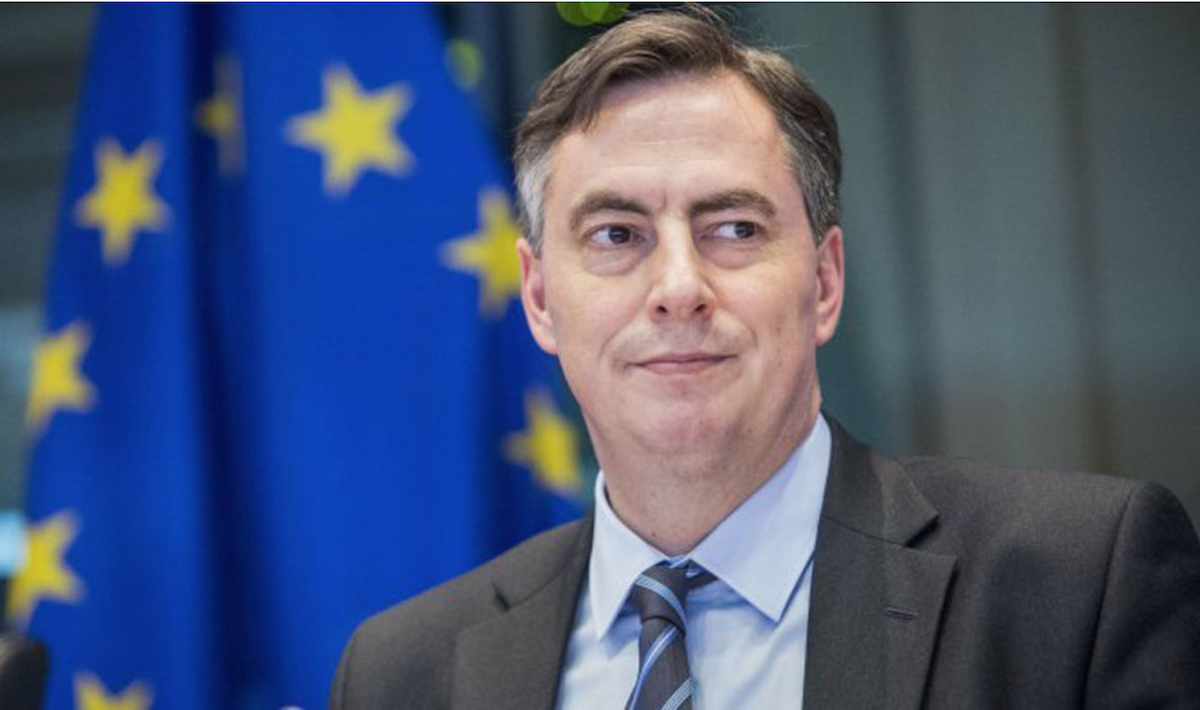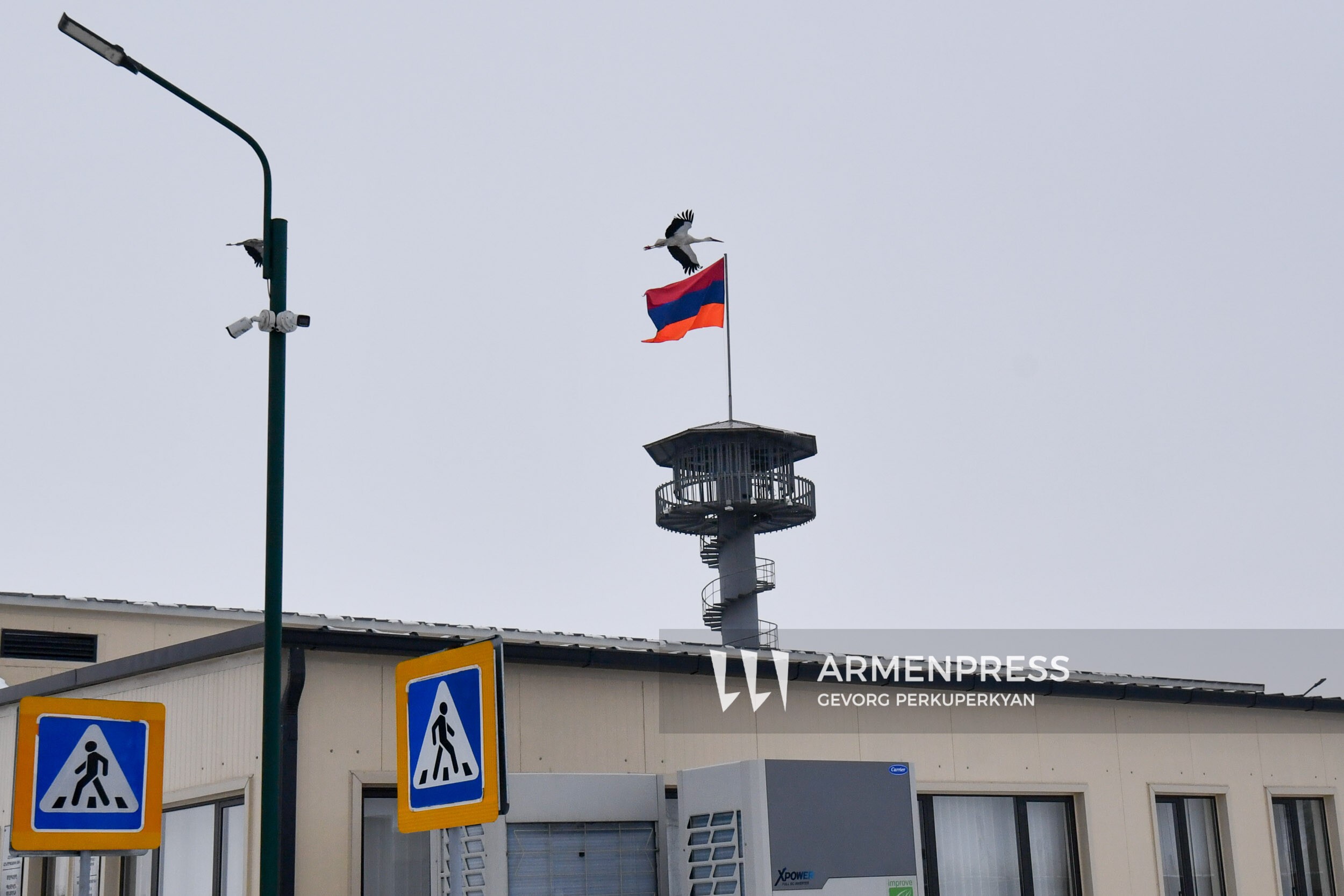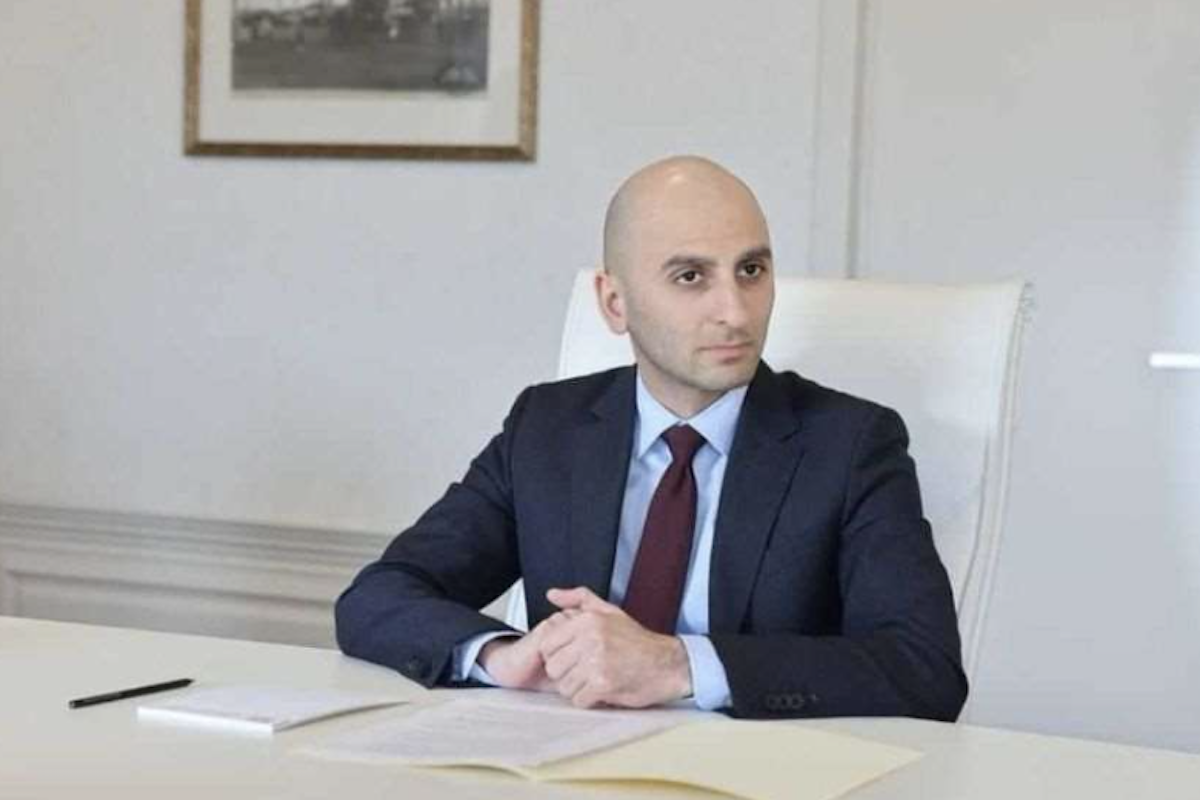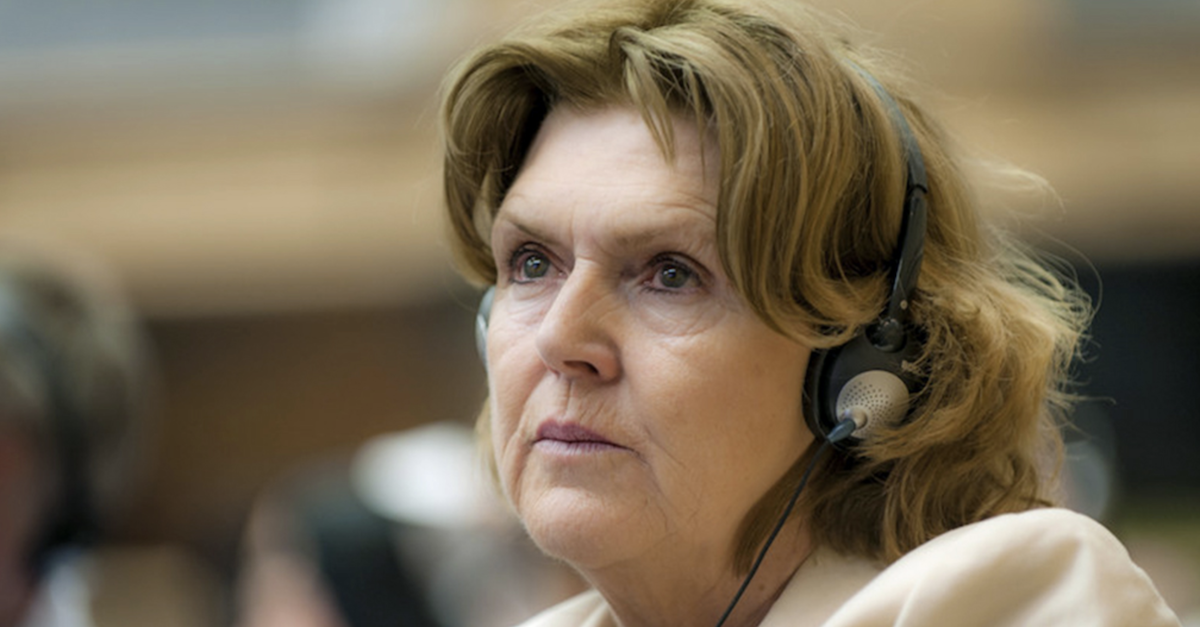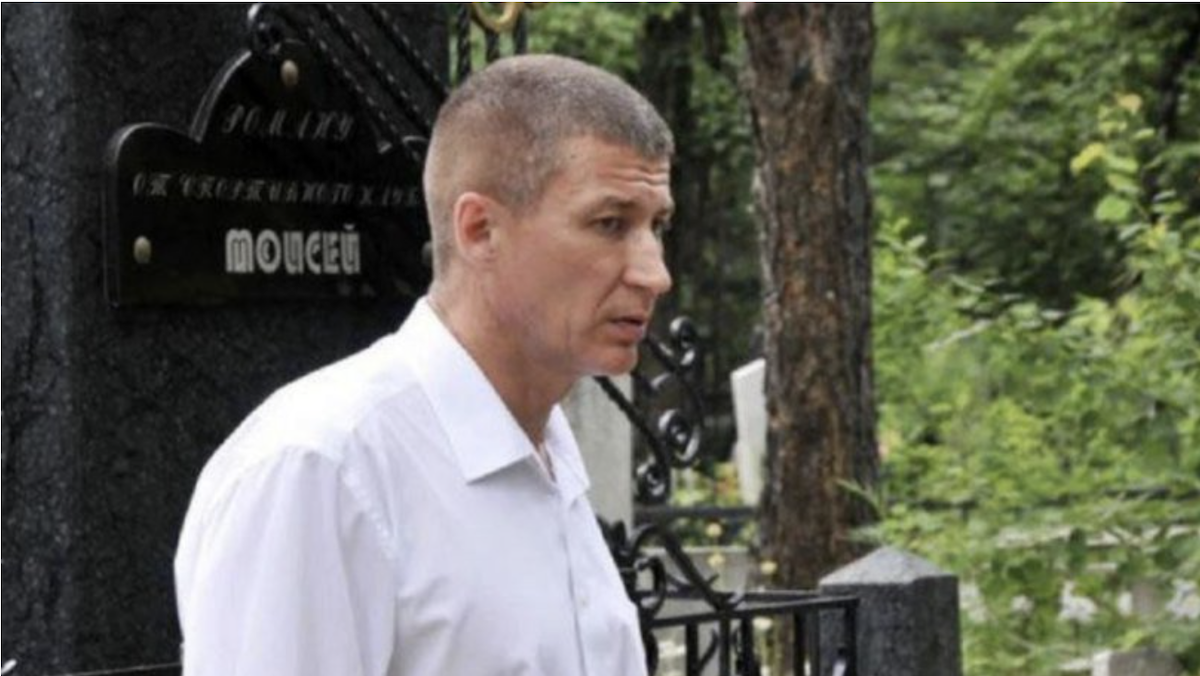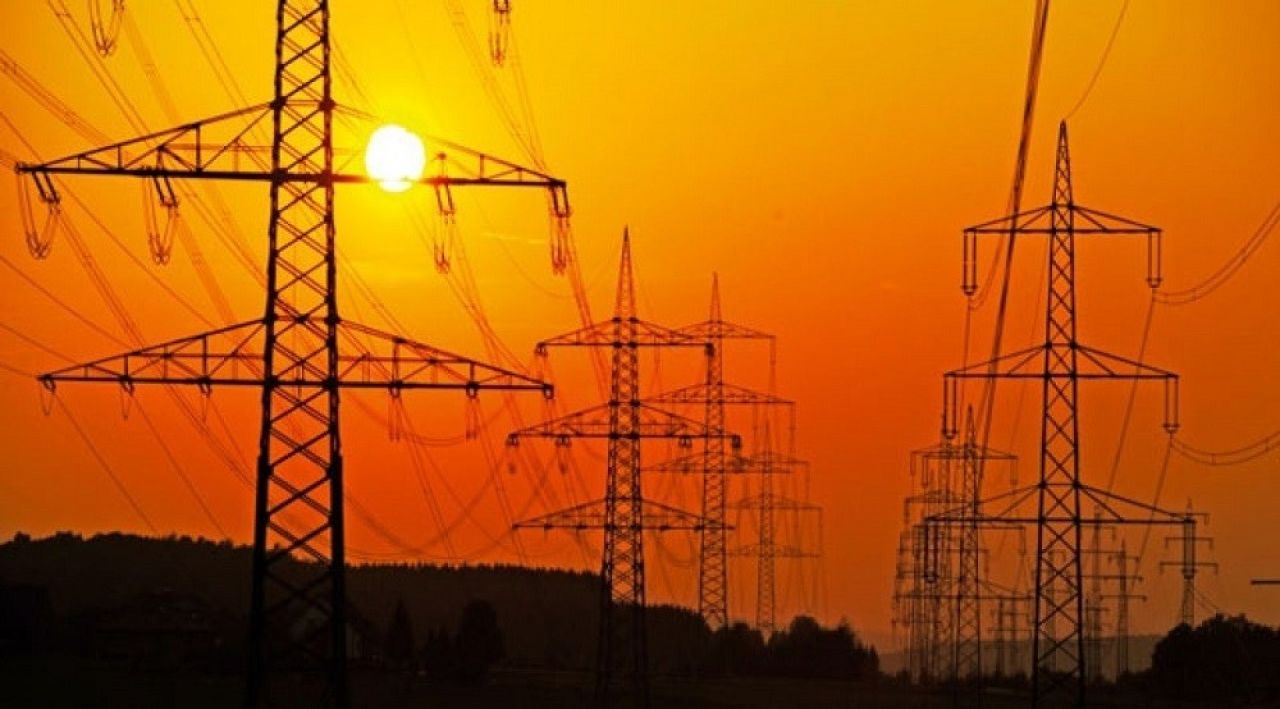Estonian Parliament declares Georgian Dream government illegitimate
Estonia refuses to recognize Georgian government
The Estonian Parliament adopted a statement in support of the Georgian people, refusing to recognize the legitimacy of the Georgian parliament and government formed after parliamentary elections that were “conducted in an atmosphere of fraud and voter intimidation.” The statement also rejects the legitimacy of President Mikheil Kavelashvili, appointed by the Georgian Dream party.
The parliamentary elections held on October 26, 2024, triggered mass protests across Georgia. Four opposition groups—three coalitions and one party—entered parliament but unanimously declared the elections fraudulent, refused to recognize the new parliament’s legitimacy, and renounced their mandates.
Estonia expressed its support for Georgia’s democratic forces, calling for new parliamentary elections as “a necessity to end the constitutional crisis in the country and restore democracy.”
The document also condemns “brutal repression against peaceful demonstrators, fueled by growing Russian imperialism,” and calls for an end to violence and legal persecution of protesters, as well as the release of all political prisoners.
The statement was supported by 59 Estonian MPs, with 9 voting against.
What does the statement say?
“Over the past decade, Estonia has followed the influencing activities of the Russian Federation in polarising the Georgian society and interfering with the democratic elections in Georgia with growing concern. The results of the Georgian parliamentary elections, which took place last October in an atmosphere of violence and intimidation, do not express the free will of the Georgian people,” the Statement reads. “The governing party Georgian Dream, which enjoys the support of the Russian Federation, is using the fraudulent election results to achieve complete control over state institutions and repress the opposition and the civil society.
In its Statement, the Riigikogu refuses to acknowledge the legitimacy of the parliament and the government of Georgia that were formed after the parliamentary elections that took place in an atmosphere of rigging and intimidation of citizens, as well as the legitimacy of the appointed President; instead, it recognises Salome Zourabichvili as the legitimate President and supports her efforts to put an end to the constitutional crisis in the country.
<…>
The Riigikogu urges the European Commission and the Member States of the European Union to impose sanctions on the Georgian politicians and officials involved in the violent repression of peaceful protests and in persecuting the representatives of the Georgian civil society.
The Riigikogu also calls on severely restricting communications with the institutions of the illegitimate government of Georgia until free and fair elections have taken place, and on supporting the representatives of the Georgian civil society and the still surviving free media who continue to work in the name of a free society, despite intimidation and persecution.”










